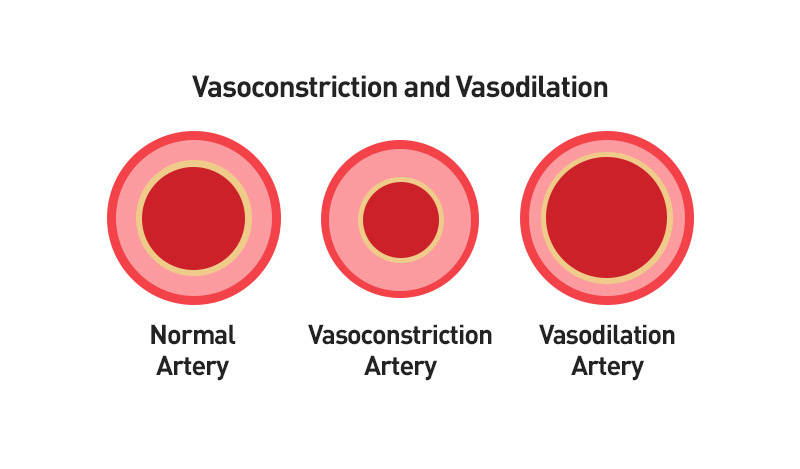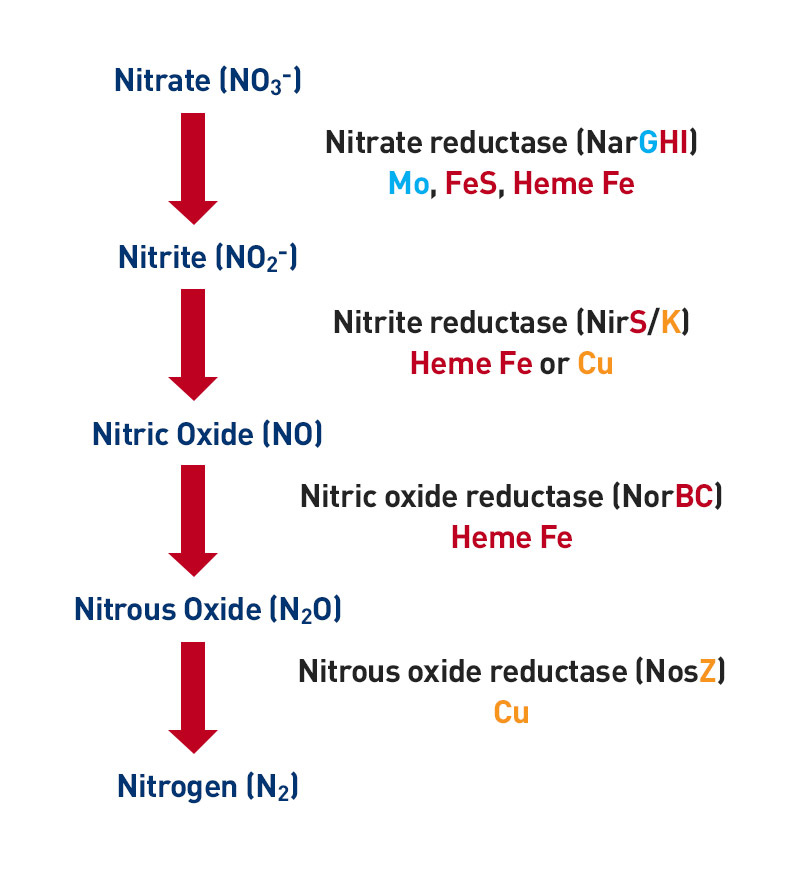Say NO to Antiseptic Mouthwash
If your pre- or post-workout ritual includes rinsing with an antiseptic mouthwash, it's time to change your routine.

If your pre- or post-workout ritual includes rinsing with an antiseptic mouthwash, it's time to change your routine.

That antiseptic mouthwash you use every day to kill germs, fight plaque, and freshen your breath could be doing you more harm than good with regard to your gains, particularly if you’re rinsing shortly before or after workouts.
I’ve been a skeptic of gargling mouthwash around workouts for years (evidence: this YouTube video from 2015), due to how antiseptics counteract nitric oxide production, potentially undermining your gains in muscle size and strength. Now, I’m circling back on the topic because a recent study reinforces my stance.
Am I telling you to ditch Listerine forever? Not necessarily, no. I’m just recommending that you change the timing of your mouthwash if it falls close to your training session. Below, I break down the science of nitric oxide and give you some helpful tips for optimizing your daily oral hygiene routine.
Let’s first talk about how nitric oxide (NO) functions in the body. NO’s main role is to vasodilate the smooth muscles of the blood vessels. Vasodilation is simply the widening of blood vessels, allowing them to become more open. Vasoconstriction is the exact opposite, where the blood vessels get smaller.

A vasodilated blood vessel delivers more blood to a given tissue – muscle tissue, in the case of this discussion. It's critical for our muscles to get more blood during a workout since this gives them more oxygen to allow for more energy and greater force production. The more oxygen your muscles have, the longer they’ll be able to work during a training session.
More blood to the muscles also means more nutrients and hormones are delivered, which will aid both performance and recovery following the workout. Moreover, the fluid itself provides a greater pump in the muscles to initiate stronger contractions and better growth. All of these reasons are why we take NO-boosting supplements in the first place.
There are two main ways NO is produced in the body. The first is the Arginine-Citrulline Pathway, where the amino acid arginine is converted into both l-citrulline and nitric oxide. In Pre JYM, this pathway is optimized via citrulline malate, which is a more effective supplement for this purpose than arginine itself (as I explain in greater detail in my Citrulline vs. Arginine article).
The second pathway, and the one that’s more readily available in the body, is the Nitrate Reduction Pathway. I don’t want to get too science-y here, but, in a nutshell, this pathway reduces nitrate (NO3) down to nitrite (NO2), then down to NO. (This is why I have a nitrate source in Pre JYM – beetroot extract.)
Here's a rough snapshot of the Nitrate Reduction Pathway:

The bacteria in the mouth are responsible for most of the reduction from nitrate to nitrite. And herein lies the problem with antiseptic mouthwashes. The Listerine product label even states that it’s “clinically proven to kill germs by the millions on contact.” This sounds nice, and generally, it’s fine, but there are good germs and bacteria in the mouth that are converting nitrate to nitrite before it’s reduced down to NO.
Interfere with that first step in the Nitrate Reduction Pathway, and you’re likely to produce less NO and potentially undermine your performance in the gym, as well as your gains. Does that sound a bit far-fetched? Maybe to some, but new research confirms it.
The study I’m talking about was published in a 2019 issue of the journal Free Radical Biology & Medicine. The researchers found that if you use antiseptic mouthwash around the time of your workout, your results are likely going to be impaired.
In the experiment, male and female athletes in the UK did endurance exercise, consisting of running on a treadmill at a moderate intensity, on two separate occasions. In the first trial, subjects took a placebo (inactive, non-antiseptic) mouthwash after the workout; in the second trial, they took a real antiseptic mouthwash after the treadmill session. In both trials, measurements were taken for NO production, blood flow, and tissue oxygenation (how much oxygen is getting to the muscles).
The study showed that the conversion of nitrate to nitrate was inhibited when subjects took the antiseptic mouthwash, but not with the placebo. More specifically, there was roughly a 60% reduction in vasodilation (compared to placebo) an hour after the workout when the antiseptic was taken. After two hours, the vasodilation was completely gone, tissue oxygenation was lower in the exerting muscles, and there was no reduction in blood pressure, which you’d normally get following exercise.
I want to highlight this last point because it’s important. When you exercise, blood pressure goes up. But when the workout is over, blood pressure drops for many hours afterward, due to NO production from nitrates. This is just one of the many ways that exercise is beneficial for cardiovascular health.
As evidenced by this study, if you use an antiseptic around workout time, you’re not getting the blood pressure-lowering effect of exercise. You’re also not getting the full blood flow to the muscles and the tissue oxygenation. Even though the study looked at endurance exercise on a treadmill, the same should hold true with a lifting workout.
Using antiseptic mouthwash close to workouts may not only impair the cardiovascular benefits of exercise, but it will also limit blood flow to exercising and/or recovering muscles, which limits the oxygen, nutrients, hormones, and fluid going to the muscles from the blood. That can lead to less intense workouts, a diminished pump, impaired recovery, and limited results.
That said, my recommendation here is pretty simple: Do NOT use antiseptic mouthwash within a few hours before or after a workout (whether it’s lifting, cardio, running, whatever). And if you really want to play it safe, avoid antiseptic mouthwashes altogether.
Cutler C, Kiernan M, Willis JR, et al. Post-exercise hypotension and skeletal muscle oxygenation is regulated by nitrate-reducing activity of oral bacteria. Free Radic Biol Med. 2019;143:252‐259. doi:10.1016/j.freeradbiomed.2019.07.035
Related Articles